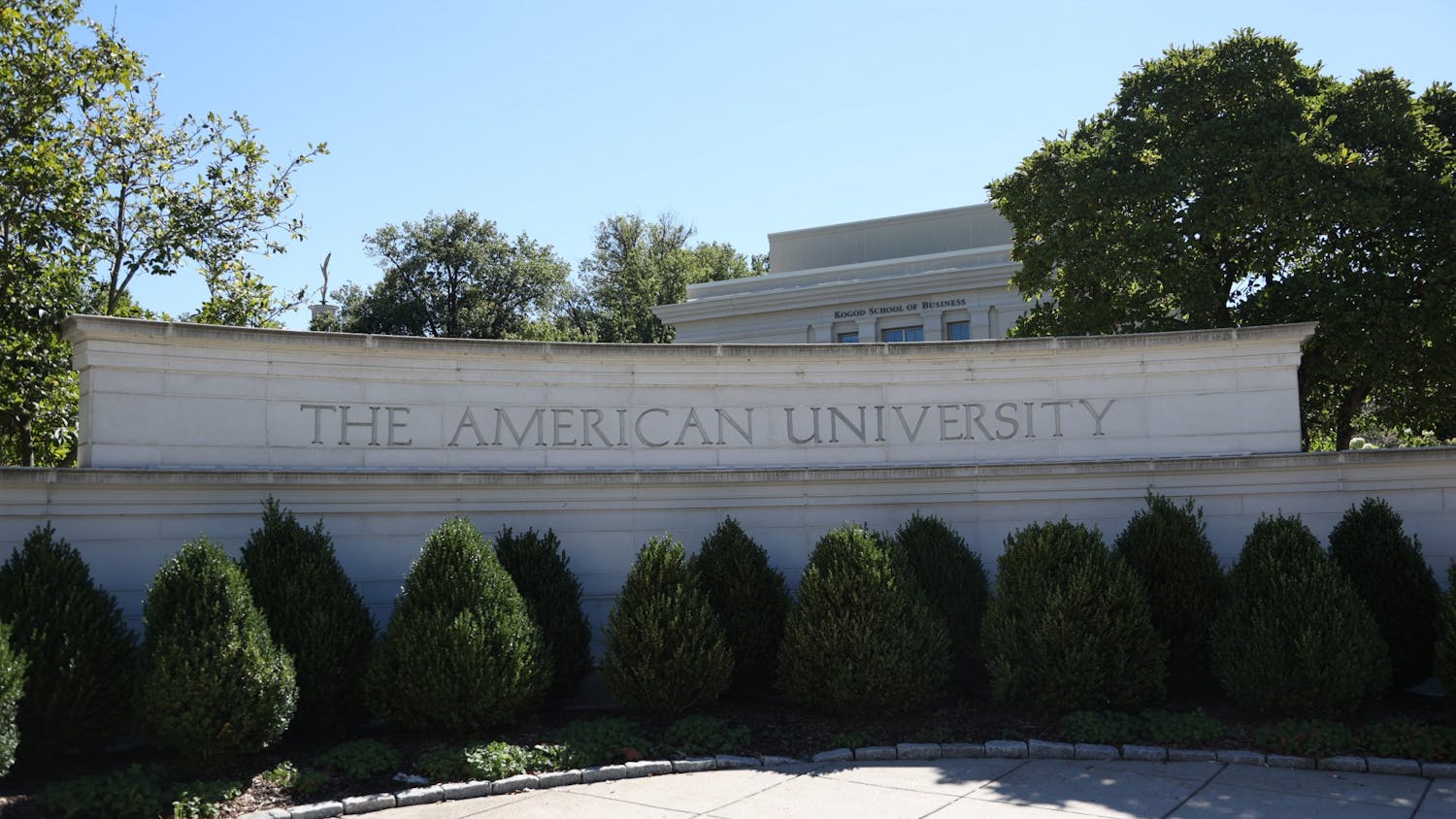D.C. residents are one step closer to being able to legally own handguns. The D.C. Personal Protection Act passed in the House of Representatives on Sept. 29 by a bipartisan vote of 250-171 and is now on its way to the Senate floor.
The act would amend the Firearms Control Regulations Act of 1975, which made registering a handgun illegal, and thus owning one illegal. Handguns owned and registered before 1977 are still legal, but those gun owners may not legally carry their weapons.
The ownership of registered rifles and shotguns is legal within D.C., but with several provisions: The shotgun or rifle must be stored trigger-locked, disassembled or completely unloaded of ammunition. These rules do not apply if the weapon is kept at a business establishment.
The bill will repeal the registration requirement for possession of firearms (shotguns and rifles), the ban on handguns, the prohibition of possession of ammunition (for handguns), and the condition that firearms must be unloaded, locked or disassembled.
The bill will not alter the prohibition on sawed-off shotguns, machines guns and short-barreled rifles, but will change the definition of "machine gun" so that semi-automatic weapons will be legal. Criminal punishments for the possession of an unregistered firearm and the carrying of a handgun - loaded or unloaded - on one's property will be repealed.
Rep. Mark E. Souder (R-Idaho) introduced the legislation. His press representative, Martin Green, said that Souder's primary justifications for leading the fight against D.C.'s handgun laws were both constitutional and ethical. He called the current laws, passed in 1976, a "complete and utter failure."
"The District of Colombia has the most restrictive, the most Draconian gun laws in the nation and denies citizens the right to defend themselves," Green said. "The statistics show that the laws are not working."
Green said in 14 of the last 15 years, D.C. has been the "murder capital" of the United States, with a homicide rate eight times higher than the national average.
"The residents of the District of Colombia gave up their rights, and all they got were higher murder rates," he said.
The executive vice president of the National Rifle Association, Wayne LaPierre, said in a press release that the D.C. gun ban outlawed self-protection, "leaving law-abiding citizens at the mercy of armed criminals."
The legislation will forbid D.C.'s council, mayor or any other governing body from making laws to prevent citizens from owning guns.
The chief opponent of the D.C. Personal Protection Act is Congresswoman Eleanor Holmes-Norton (D-D.C.).
"We have got to fight every intrusion into our self-government, and most especially when the violation of our rights also risks the lives of our children, our residents, our 200,000 federal workers and our 20 million visitors annually," Holmes-Norton said in a press release.
Holmes-Norton said statistics prove the gun ban has been effective. According to her Web site, 97 percent of all guns used in crimes in D.C. originate outside of D.C. The Web site also said that the homicide rate in D.C. is approaching a 20-year low.
Some AU students side with Holmes-Norton.
"D.C. already has a very high crime rate; I just don't see how lifting the ban on handguns is going to help anything," said senior Ray Stankiewicz. "Anyone who legitimately needs a handgun - for example, the Secret Service - probably already has a special license to carry one anyway."
Esther Austin, a freshman, said the urban setting should be taken into consideration.
"There should be strict handgun laws in major cities; it is not so much of a concern in rural areas," she said. "Guns are extremely common where I'm from (North Carolina), but here, it's different."
The bill will reach the Senate in a few weeks, where it has little chance of passing, according to The Washington Post.
In her most recent press release, on the same day the legislation successfully passed through the House, Holmes-Norton said, "This is no time to relax. It is time to stand watch in a Congress that has not known how to give up on guns or to respect the home rules prerogative"




